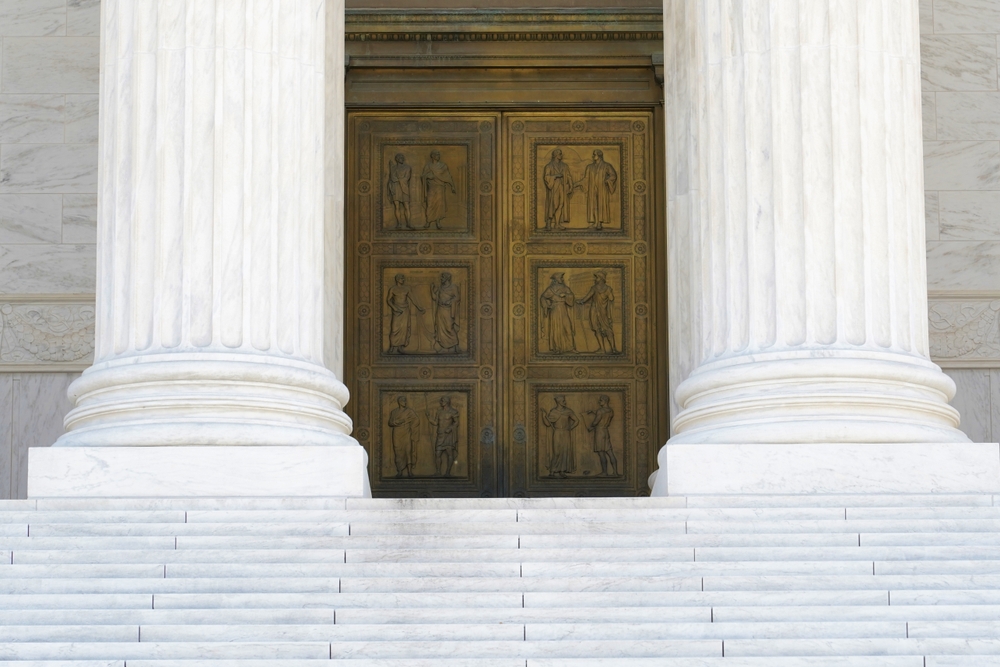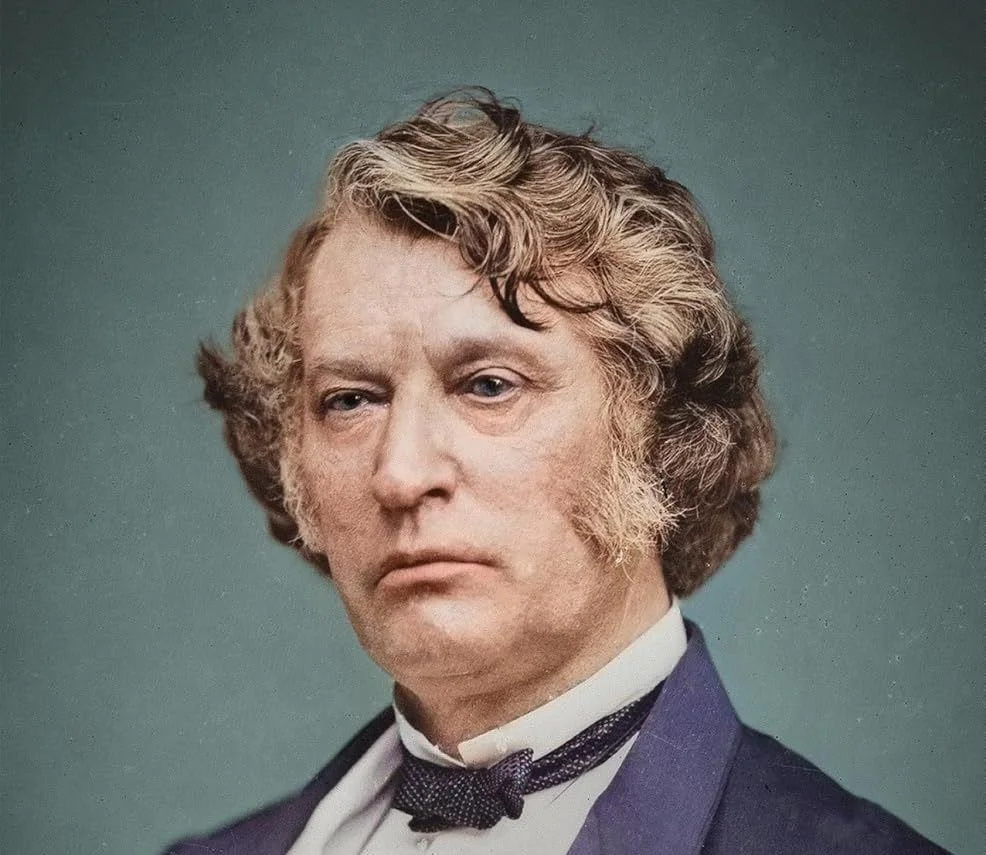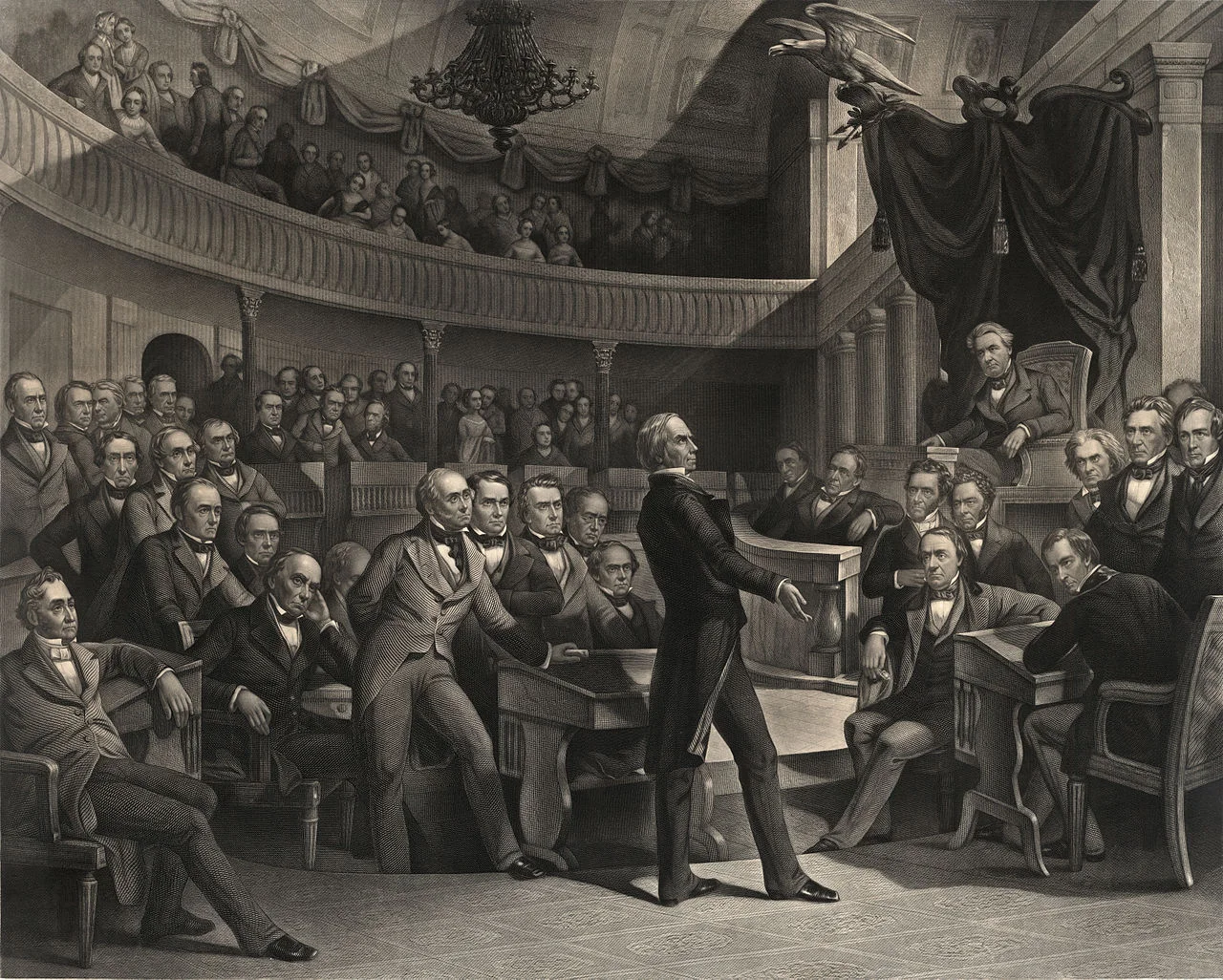.avif)
Trump’s Risky Reliance on the Alien Enemies Act
A symbolic show of resolve on illegal immigration could hamper Trump’s effort to revive the Monroe Doctrine.
On the campaign trail, candidate Donald Trump pledged to use the 1798 Alien Enemies Act to deport illegal-alien gang members. On March 15, President Trump delivered on his promise, ordering the removal to El Salvador of about 300 Venezuelan illegal aliens suspected of being members of the Tren de Aragua (TdA) gang.
While controversy immediately arose over whether the administration had defied a court order to stop the deportation flights, the more important question will soon demand an answer: whether the Alien Enemies Act applies at all. The act grants sweeping powers to the executive branch but only during a time of declared war or “invasion or predatory incursion” by “a foreign nation or government.” President Trump will have to make a difficult case that TdA and other gangs act at the behest of foreign nations that are conducting an invasion of the United States. While Andy McCarthy goes even further and concludes that only a congressional declaration of war can justify the use of the act, we would not completely rule out the possibility that the administration could make such a showing — especially if it has evidence that it has not made public. But we agree with Andy that it’s extremely doubtful that the administration would prevail.
In 1798, Congress enacted the Alien Enemies Act in anticipation of war with revolutionary France. The bill’s chief sponsor argued that in the event of a French invasion, French spies already within the country might join the enemy “in their attack upon us, and in their plunder of our property.” Although it has been invoked rarely, the Supreme Court has affirmed its constitutionality: “The Act is almost as old as the Constitution, and it would savor of doctrinaire audacity now to find the statute offensive to some emanation of the Bill of Rights.”
Constitutionalism

Amicus Brief: Hon. William P. Barr and Hon. Michael B. Mukasey in Support of Petitioners
Former AGs Barr and Mukasey Cite Civitas in a SCOTUS Brief

Rational Judicial Review: Constitutions as Power-sharing Agreements, Secession, and the Problem of Dred Scott
Judicial review and originalism serve as valuable commitment mechanisms to enforce future compliance with a political bargain.

Supreme Court showdown exposes shaky case against birthright citizenship
Supreme Court will hear challenges to Trump's order ending birthright citizenship, testing the 14th Amendment's guarantee for babies born in America.

Two Hails For The Chief’s NDA
Instead of trying to futilely plug the dam to stop leaks, the Court should release a safety valve.

Charles Sumner’s Harmony with the Declaration
Sumner used the Declaration to increase the Constitution’s pursuit of forming a more perfect union.



.avif)










.avif)



